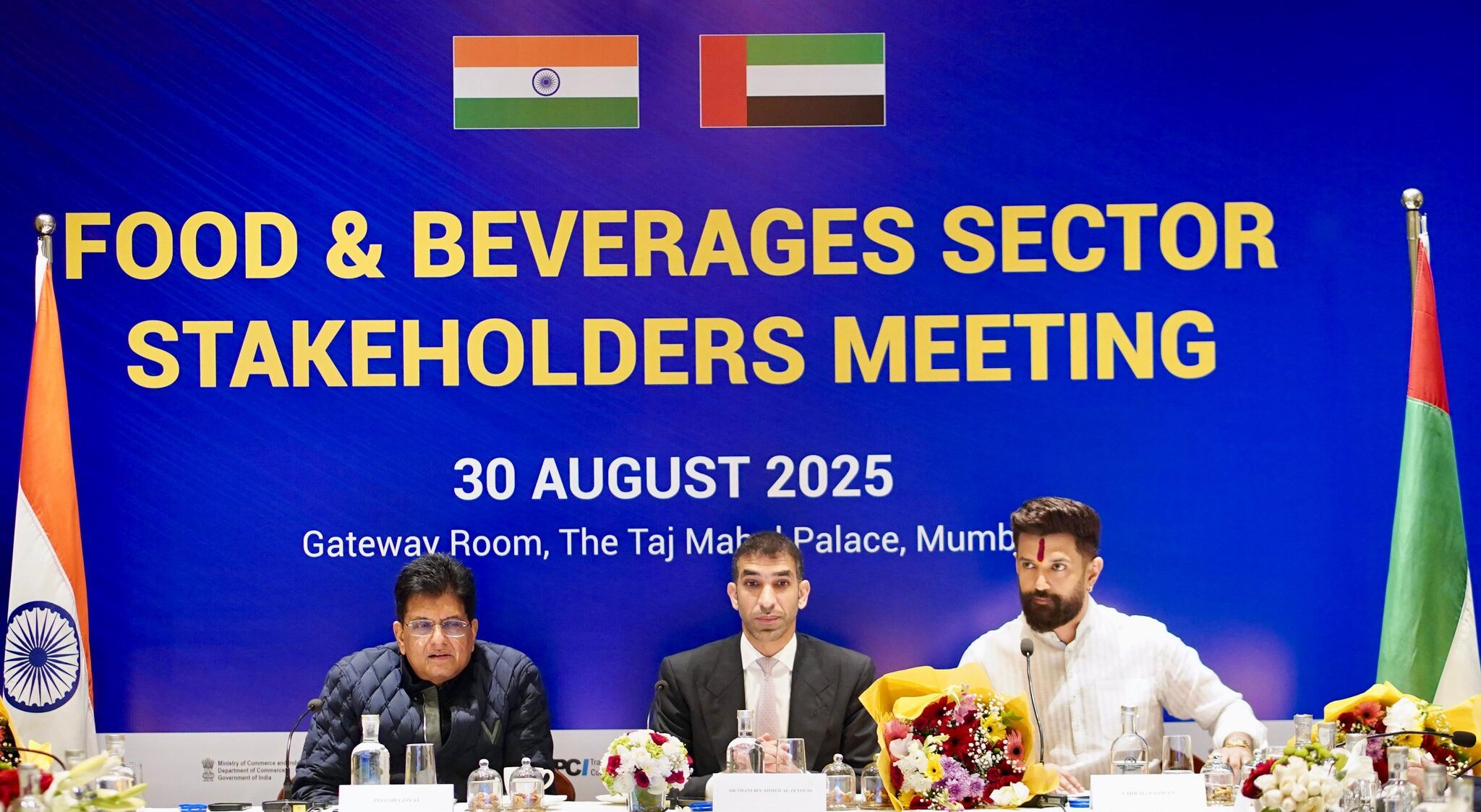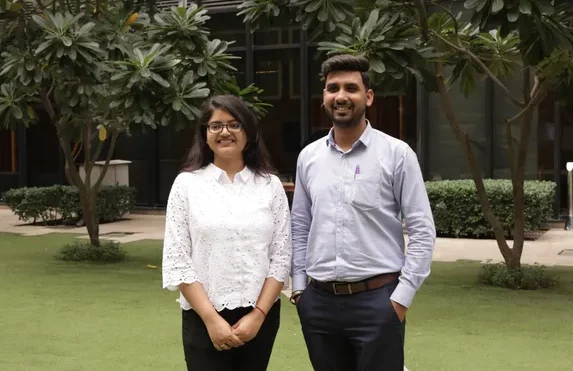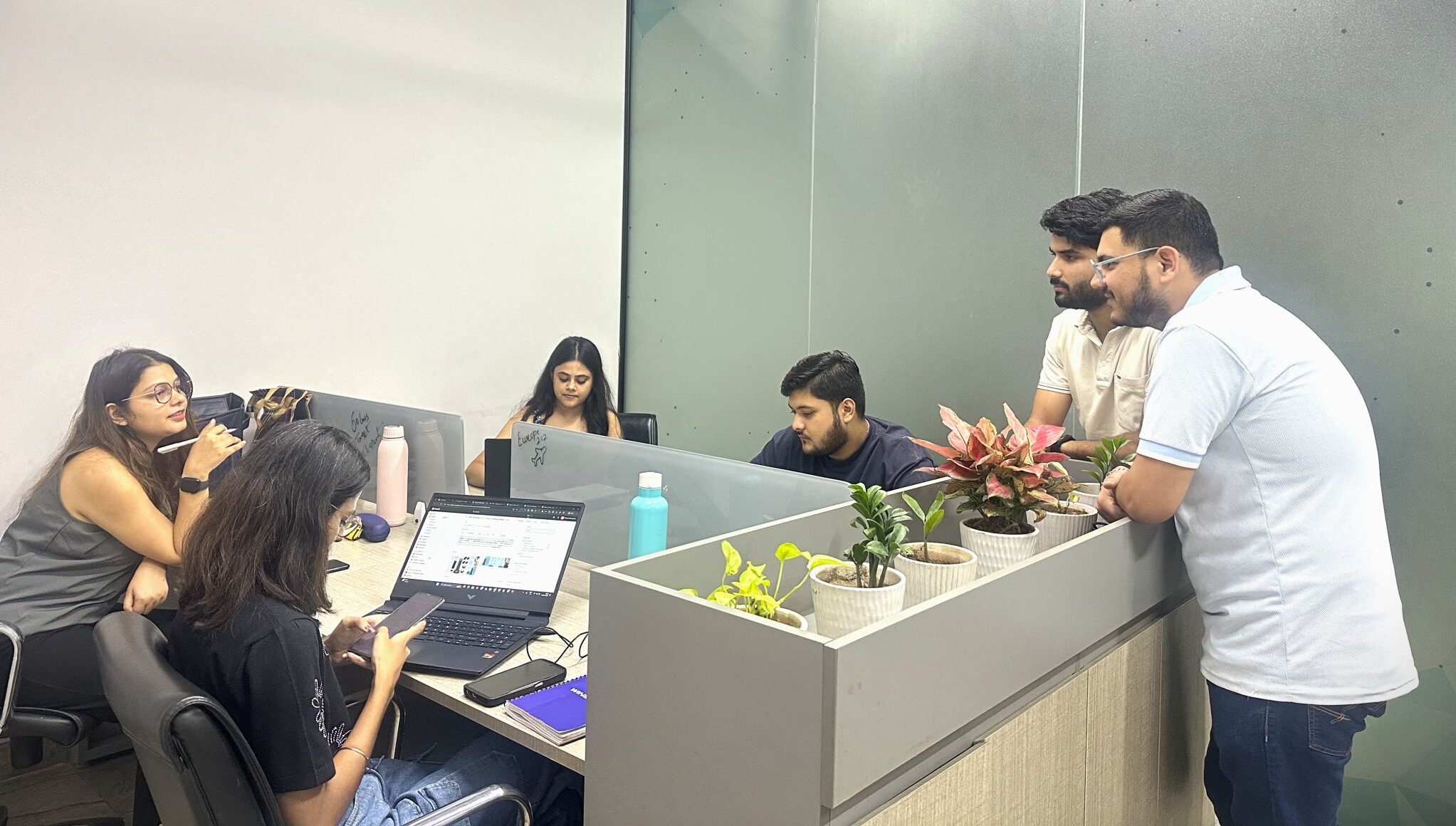India’s push to emerge as a global leader in agri-food trade took a decisive step on Thursday with the launch of BHARATI, a flagship programme of the Agricultural and Processed Food Products Export Development Authority (APEDA).
The initiative was formally unveiled at a high-profile gathering in the capital, where Union Commerce and Industry Minister Piyush Goyal shared the stage with Food Processing Industries Minister Chirag Paswan and Dr. Thani bin Ahmed Al Zeyoudi, the UAE’s Minister of Foreign Trade.
A platform for startups
At the centre of the initiative is BHARATI, Bharat’s Hub for Agritech, Resilience, Advancement and Incubation for Export Enablement. The programme has been conceived to mentor and support a hundred agri-food startups, guiding them as they develop new products, expand their reach, and strengthen their ability to compete in international markets. It carries with it a bold aspiration: to lift India’s agri-food exports to the $50-billion mark by the year 2030.
Building on policy momentum
Officials underlined that the programme dovetails with the government’s Atmanirbhar Bharat and Startup India campaigns. Both initiatives stress the role of new enterprises in boosting self-reliance and creating jobs. By embedding agri-food startups into this framework, APEDA hopes to marry India’s traditional farming strengths with cutting-edge technologies and global market demands.
India’s agri exports have grown steadily, but concerns remain over supply chain gaps, branding, and the ability of small firms to access international buyers. BHARATI is pitched as an answer to those challenges: a structured platform that not only incubates ideas but also links them directly to export opportunities.
The presence of the UAE’s trade minister at the launch signalled the international interest in India’s food supply chain. With West Asia already a major buyer of Indian agricultural goods, closer partnerships could help Indian startups find steady, long-term markets.
For policymakers, the programme is more than a numbers game. It represents a shift from commodity-driven exports to value-added, innovation-led trade. That, they believe, is how India can create rural jobs, improve farmer incomes, and build a stronger reputation as a reliable supplier in global food markets.
Also Read: The Silent Monopolies Running India’s Startup Economy

























